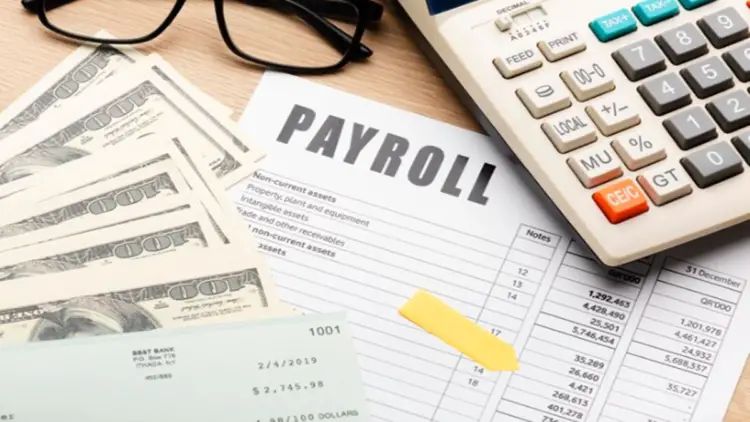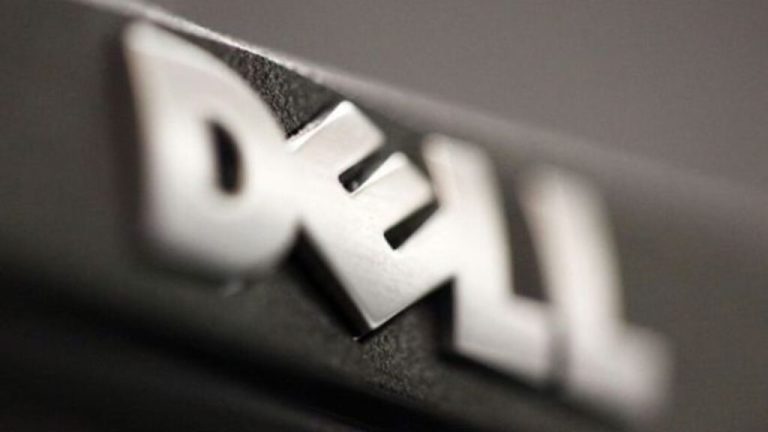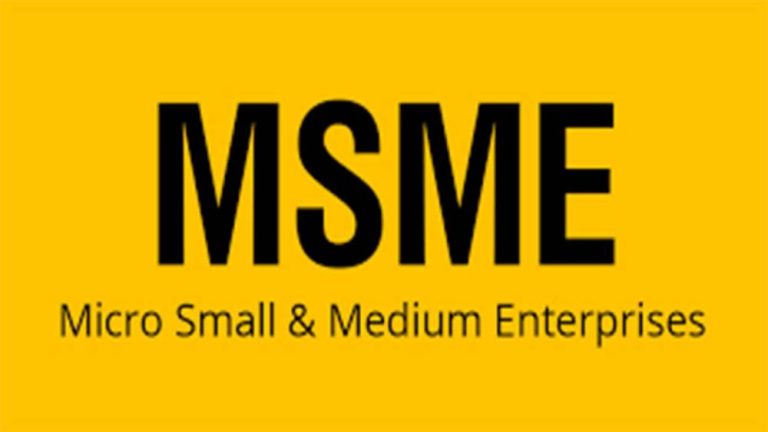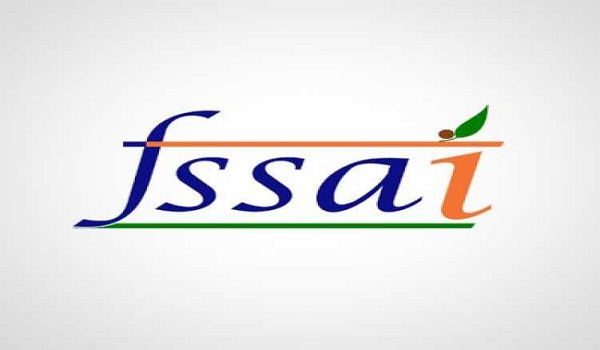How to get your full salary in March with no additional tax burden
In this world nothing can be said to be certain, except death and taxes.
American statesman Benjamin Franklin’s famous quote about the certainty of death and taxes still holds true.
So, as it is clear, it is difficult to avoid income tax if your income is above the minimum threshold limit. Thankfully, there are certain tax-saving strategies which can help you save tax or reduce your tax liability – but only to a certain extent. Beyond that you will still be required to pay tax as per your tax slab.
Sadly, the last few months of a financial year become a nightmare for many taxpayers – mostly for those who don’t plan their investments well or fail to save and invest as per their investment declarations, and their employers start deducting most of the entire year’s due taxes during those few months only.
Sometimes it has also been observed that some salaried people get only 30 to 40% of their salary for the month of March as a major part of it gets deducted as the TDS. This can be very annoying for many taxpayers for obvious reasons.
For avoiding a situation like this, you need to plan your taxes well and in advance.
Vivek Jalan, Partner, Tax Connect Advisory, a multidisciplinary tax consultancy firm, says, “Many of salaried taxpayers forget to provide their annual income tax declarations for the tax saving investments they have made or propose to make during the year and hence bear the brunt of a higher TDS in February – March. Hence, it is most important that before the salary disbursals for March 2024, one provides one’s income tax declarations to the employers so that they can deduct only such sums as may be required after due computations.”
The thumb rule is that the higher the deduction you can apply on your income, the lesser will be your net taxable income and hence, the lower will be your income tax outgo.
Another mistake which salaried taxpayers make is when they switch jobs within the same financial year. They disclose their earlier take homes but not the TDS levied by the earlier employer. Hence the current employer includes the earlier income and levies TDS on such income again. The tax drain can easily be avoided by being careful with the declaration submitted to the current employer.
“On the contrary, for those salaried taxpayers who have substantial other income like interest income, rent, capital gain on sale of shares, mutual funds, etc, it is advisable to declare all the incomes and let the TDS be deducted and paid by the employer itself rather than waiting till the time of filing of the return and paying a substantial interest on such tax which should have been paid earlier as an advance tax,” advises Jalan.
Thus, if you wish to ensure that unnecessary tax is not deducted from your salary for the year, this month offers you the last chance as it is the last month of the year. This is because your employer cannot adjust the excess tax against the tax liability of subsequent years.
“To ensure minimum or no deduction of tax during this month, please submit the necessary evidence in support of your claim for various deductions in case you wish to opt for the old tax regime. In case you have not made the investments required to be made for deduction under Section 80C, do it immediately and submit the relevant proof well in advance,” says Balwant Jain, a tax and investment expert.
You can choose from various products like ELSS, PPF, NPS, tax-saving FDs, and NSC, depending on your financial goals, age, liquidity position, risk appetite etc. Additionally, you can invest up to Rs 50,000 in NPS to avail the exclusive deduction under Section 80CCD(1B).
“Likewise submit the copies of payment receipts for health insurance premium for your family and parents. If you have not bought medical insurance, you should evaluate its need and buy it immediately for your family and parents. In case you are eligible for HRA, submit the rent receipts and agreement copy if not already submitted to ensure excess tax is not deducted from your salary, affecting your cash flow adversely even for a few months. You can also submit the tickets of journey undertaken during the year in case you are eligible for LTA benefits,” informs Jain.
Thus, by following these simple tips, you can not only reduce your tax outgo and but can also ensure that extra tax is not deducted in the last few months of a financial year.






